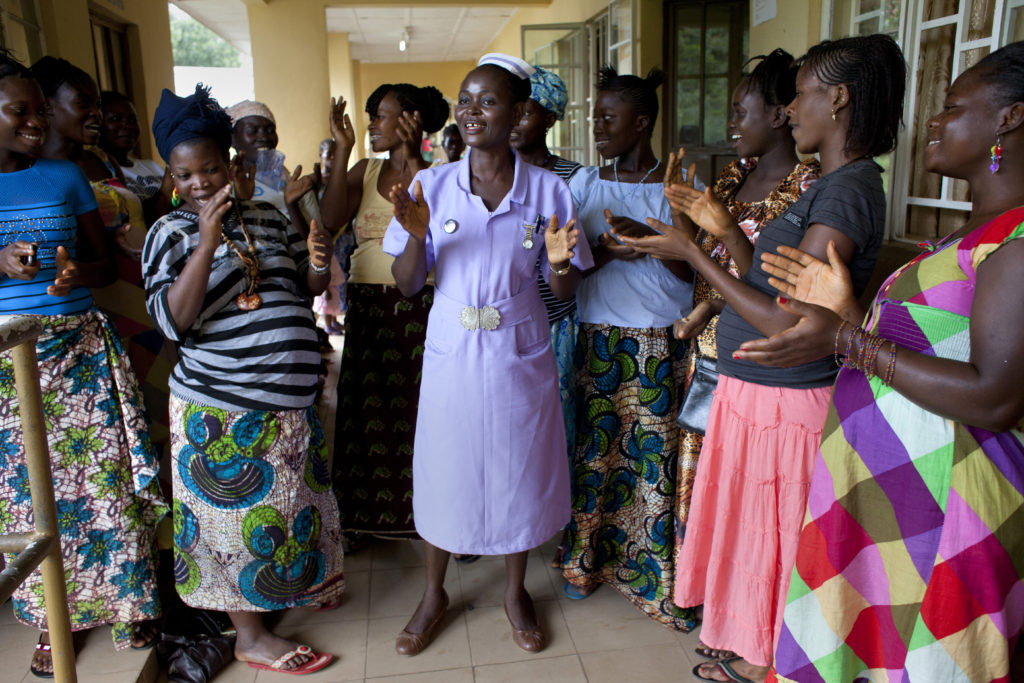Since the publication of the 2004 World Development Report, a range of different attempts have been made to make the design, prioritisation and delivery of health services more accountable to different stakeholders. However, complex politics and power dynamics can limit or skew people’s abilities to access services or hold them to account, particularly for poor and marginalized people.

In July 2017, the IDS hosted a workshop in collaboration with Future Health Systems, the Impact Initiative, the Open Society Foundations, Unequal Voices, and Health Systems Global, to develop new thinking and practical approaches to improving accountability relationships and processes in favour of greater health equity.
This new issue of the IDS Bulletin focusses on three principal themes that emerged from this workshop as needing particular attention. First, the nature of accountability politics ‘in time’ and the importance of longitudinal approaches to change. Second, the contested politics of ‘naming’ and measuring accountability, and the intersecting dimensions of marginalisation and exclusion that are missing from current debates. Third, the shifting nature of power in global health and new configurations of health actors, social contracts, and the role of technology.
For the first time in IDS Bulletin history, themes are explored not only in text but also through multimedia contributions. This expansion into other forms of communication is explicitly aimed at galvanising larger numbers of people in a movement towards Universal Health Coverage (UHC) and the linked agenda of accountability for health equity. The content of this issue reflects the fact that while the desired outcome might be the same – better health for all – accountability strategies are as diverse as the contexts in which they have developed.
Watch the recent IDS Bulletin seminar below (video starts after 1 minute and 50 seconds) which had contributions from the editors and some of the authors of this issue.
https://www.facebook.com/idsuk/videos/533322937107254/
We would like to thank our funders, who made it possible to host the July 2017 workshop, and to develop this issue of the IDS Bulletin. We thank Open Society Foundations, Vozes Desiguais/Unequal Voices (supported by the Economic and Social Research Council, grant number ES/N014758/1), the Future Health Systems consortium (funded by UK aid from the UK government), the Impact Initiative and Health Systems Global. As a collective, these funders have contributed to building knowledge on health systems strengthening, good governance, and improved accountability relationships in global health.
